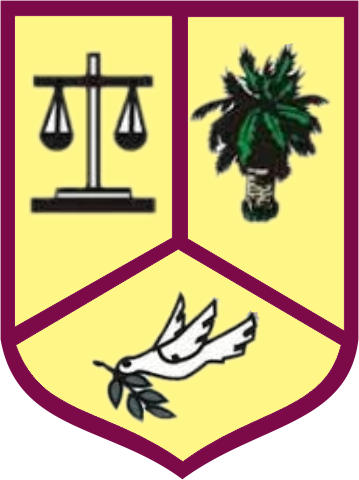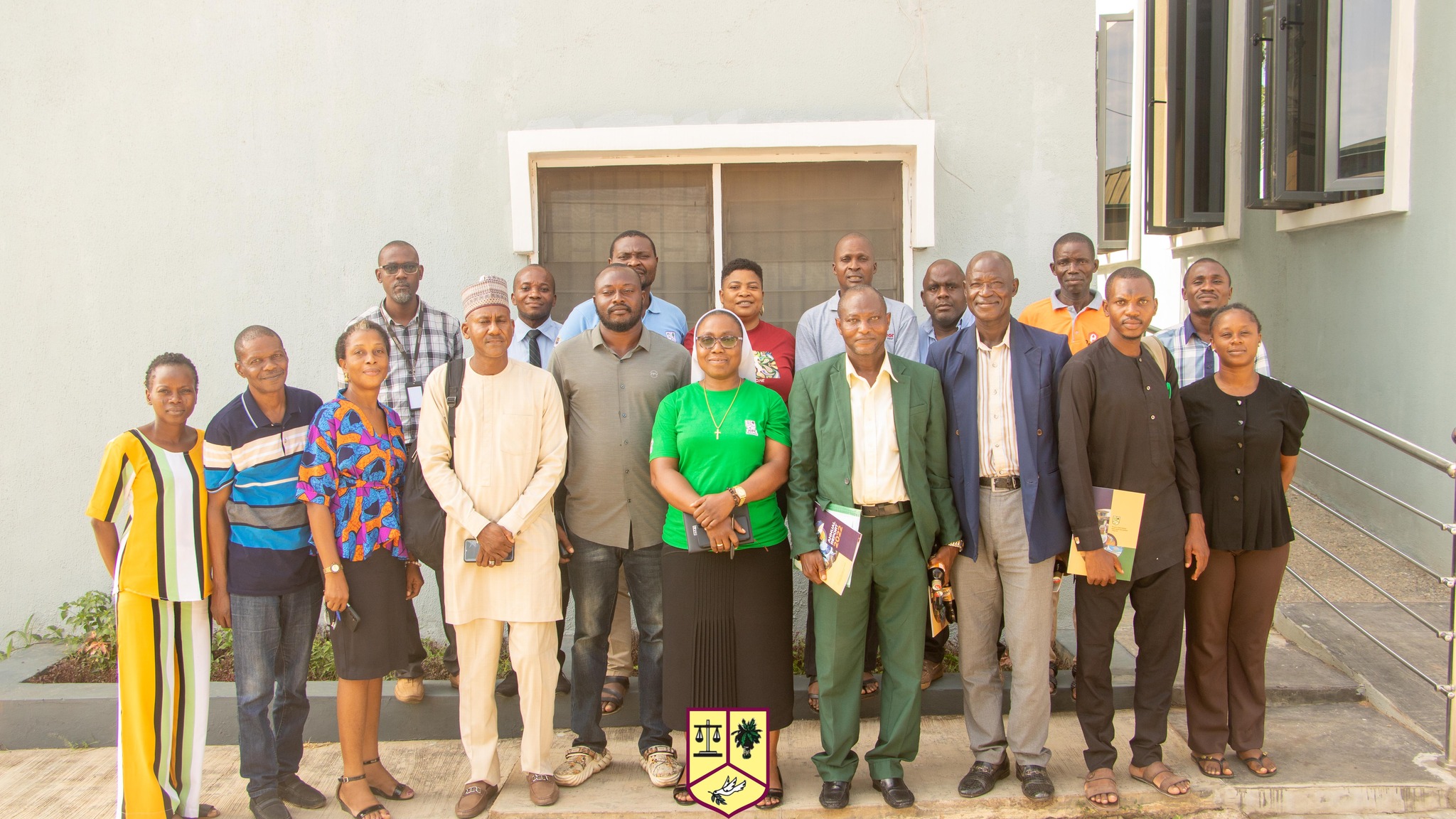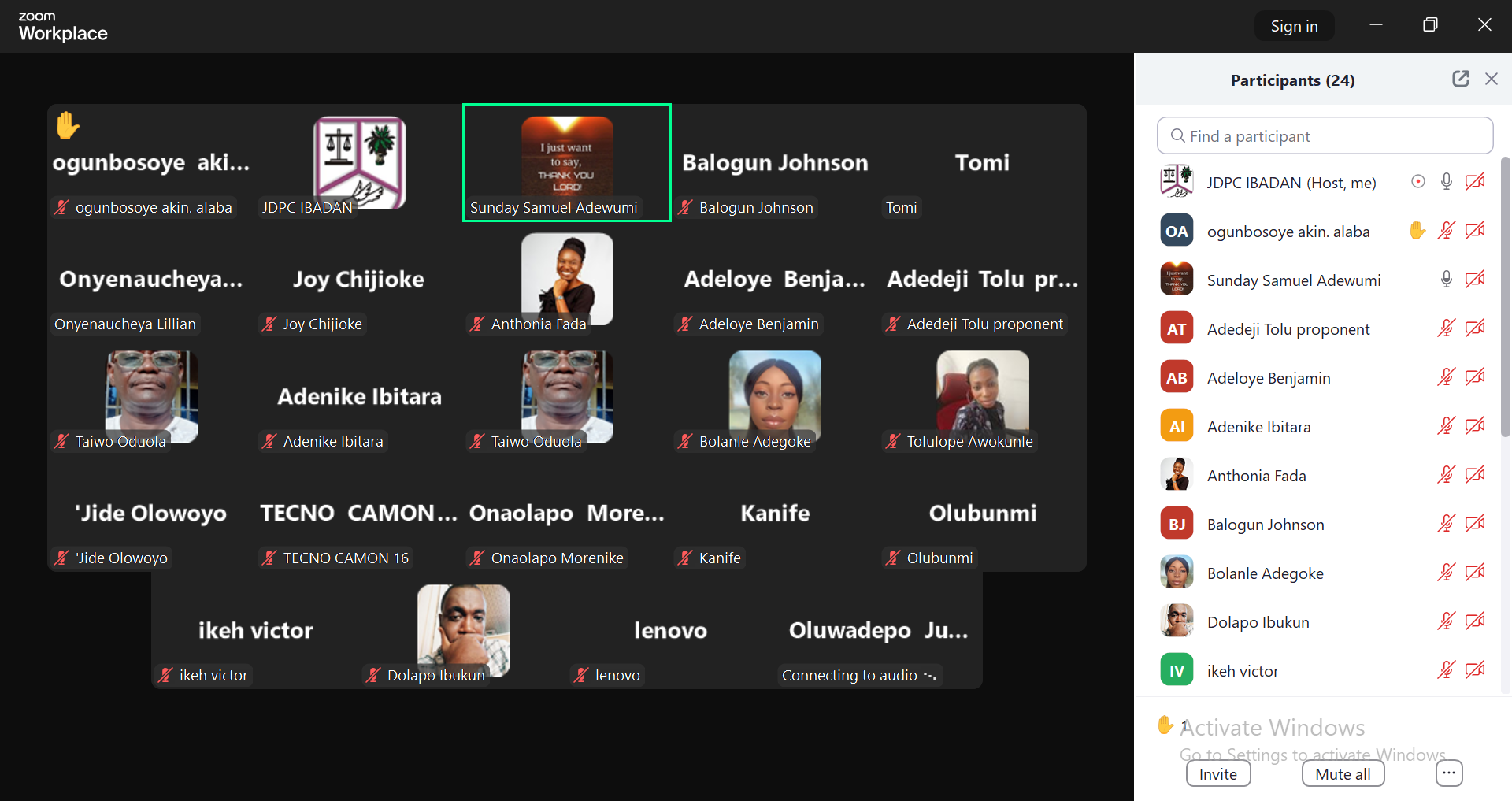
Justice Development and Peace Commission, JDPC Ibadan Partners with Food Agricultural Organization of the United Nations (FAO) to Enhance Aquaculture through Data-Led Management
Having identified our evolving contributions to the growth and development of the aquaculture industry in Nigeria, the @Food Agricultural Organization of the United Nations (FAO), in December 2023, reached out to us to foster a gainful partnership with the mandate of developing the capacities of 160 catfish aquaculture farmers in Delta, Gombe, Kwara, Ogun and Kano states.
The partnership has over time yielded excellent results, as 80 farmers’ capacities have been developed on essential aquaculture data generation skills, for improved decision making process in catfish production to enhance their profitable business venture and contribute to the nation’s GDP. Our commitment towards advancing sustainable development, in line with the Sustainable Development Goal 1 and 2 (No Poverty, Zero Poverty) - prompted us to advancing the relationship by signing a Memorandum of Understanding (MoU) with them. The partnership aligns with their FISH4ACP Project, a flagship initiative aimed at promoting profitable and sustainable aquaculture across Africa, the Caribbean, and the Pacific.
The MoU which was signed On the 20th of August, 2024, designates us as a service provider to build the capacity of farmers in aquaculture, focusing on data-led management to enhance profitability and sustainability of catfish production. The organization has and will continue to work closely with relevant stakeholders and local farmers to develop strategies that leverages on data generation for optimal resource utilization, enhancing the aquaculture sector's contribution to food security, livelihoods, and economic growth.
Objectives
The core objective of the MoU is to empower aquaculture farmers with knowledge and tools to make informed decisions based on data-driven insights. This will help farmers monitor feeding, water quality, track fish health, and adjust feeding schedules to optimize growth and reduce waste, resulting in higher yields and greater profitability. Also, the initiative aims to ensure that these practices contribute to the long-term sustainability of the aquaculture sector.
Strengthening Local Capacity
Through workshops, training sessions, and on-the-ground support, we will ensure farmers are equipped with the skills and technologies to adopt innovative aquaculture practices. Data-led management will allow farmers to better manage risks such as disease outbreaks and environmental changes while improving efficiency and productivity.
Long-Term Impact
The partnership is expected to have a transformative effect on the aquaculture industry by addressing key challenges such as limited access to technology, environmental degradation, and fluctuating market prices. By improving both the economic viability and environmental sustainability of aquaculture, the project will contribute to food security and job creation, particularly in rural areas.
This collaboration marks a significant milestone in our efforts to support sustainable agriculture and demonstrates the @FAO’s commitment to enhancing food systems in developing regions. Both parties expressed optimism about the potential of this partnership to foster growth and resilience within the aquaculture sector.
Statements from Stakeholders
Speaking at the inception meeting, an FAO representative, Mrs. Aisha Ibrahim expressed FAO’s willingness to contribute to the advancement of the aquaculture sector, which informs the choice of JDPC, to enhance the growth and development of farmers in the targeted states.
In his own remarks, the JDPC director, Rev. Fr. Jerome Ajakaiye emphasized the organization’s potency and high-level of responsiveness when it comes to contributing to the growth of the aquaculture industry in Nigeria
Conclusion
This collaboration highlights a shared commitment to innovation and sustainability in agriculture. With the support of FAO and the JDPC's expertise in capacity building, local aquaculture farmers stand to benefit from enhanced skills, better resource management, and improved market opportunities. The partnership promises to make significant strides toward a more sustainable and profitable future for aquaculture in the region.







.png)













Comments